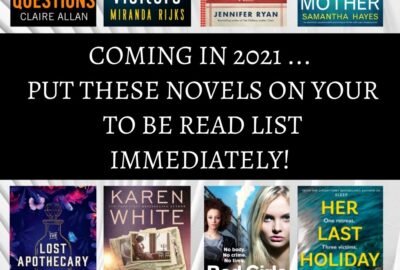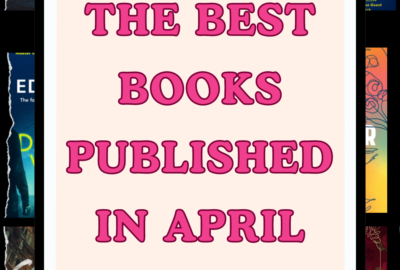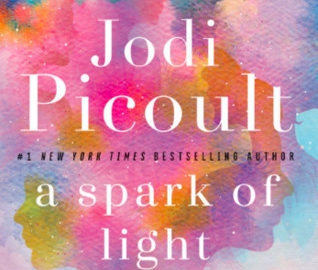
Are you an introvert or highly sensitive person?
If you are then we have something in common. Almost every definition or explanation for an introvert/sensitive person/empath fits me to a T.

On Being an Introvert or Highly Sensitive Person: A guide to boundaries, joy, and meaning by Ilse Sand
In a culture that ranks sociability and extroversion above the introverted traits of deep thinking and being alone, Ilse Sand shows how to find joy and meaning as an introvert or highly sensitive person. She debates whether these traits are caused by nature or nurture, and shows how someone like this can organize their life to keep them content. What she says is appropriate for people who are temporarily, or for some other reason, in a sensitive situation – for example, because of stress, trauma or burn-out.
It describes the introverted personality type and the highly sensitive trait, highlighting the strengths that come with it such as good listening skills and rich imagination, and suggests ways to overcome the negatives such as the need to avoid overstimulation and over-critical thinking.
Including advice from other introverts or highly sensitive people, and two self-tests for sensitive and introverted traits, this book provides a deeper understanding of introversion and high sensitivity and gives those with these personality types greater faith and courage in their own talents.

I often feel very lonely and at odds with myself since I like to be alone so much. And all of my favorite hobbies are solitary ones like reading, writing, photography. I am very much looking forward to reading Teal Swan’s book, The Anatomy of Loneliness.
Here’s what this book is all about:
Loneliness is reaching endemic proportions in our society, reflected by rising suicide rates and increased mental illness. Now, more than ever we need to find a way to connect. Loneliness, is a feeling of separation or isolation, it is not necessarily the same as the physical state of being alone. This book is for people who suffer from loneliness, the kind that cannot be solved by simply being around other people.
Their aloneness is a deeply embedded pattern that is both negative and painful; it is often fueled by trauma, loss, addiction, grief and a lack of self-esteem and insecurity. In The Anatomy of Loneliness, Teal identifies the three pillars or qualities of loneliness: Separation, Shame and Fear and goes on to share her revolutionary technique; The Connection Process, a form of intuitive journeying, usually involving two people a ‘receiver’ and a ‘journeyer’. Through a series of exercises each person experiences ‘walls’ and ‘blockages’ as they move through the process both participants face their fears learning from these to reach a place of unconditional love and acceptance.
I started reading this book and like it a lot already. Its one to put on your TO-READ list as it comes out this fall.
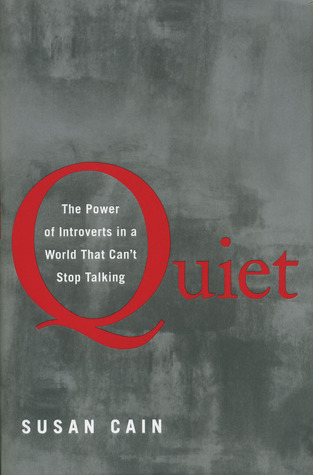
This is one of my all-time favorites, Quiet: The Power of Introverts in a World That Can’t Stop Talking by Susan Cain. I am the introvert in a very extroverted family. Everyone loves to be around other people whether it be just getting out of the house or going to a party or family gathering. I am good for an hour, two hours and then I start to feeling drained. And if I am required to be social for several days in a row, lets go to the beach! the zoo! a barbeque! then I start feeling very drained, almost like I have the flu.
Thankfully this book taught me that I am not suffering from some neurological impairment, I am just an introvert.
At least one-third of the people we know are introverts. They are the ones who prefer listening to speaking; who innovate and create but dislike self-promotion; who favor working on their own over working in teams. It is to introverts—Rosa Parks, Chopin, Dr. Seuss, Steve Wozniak—that we owe many of the great contributions to society.
In Quiet, Susan Cain argues that we dramatically undervalue introverts and shows how much we lose in doing so. She charts the rise of the Extrovert Ideal throughout the twentieth century and explores how deeply it has come to permeate our culture. She also introduces us to successful introverts—from a witty, high-octane public speaker who recharges in solitude after his talks, to a record-breaking salesman who quietly taps into the power of questions. Passionately argued, superbly researched, and filled with indelible stories of real people, Quiet has the power to permanently change how we see introverts and, equally important, how they see themselves.
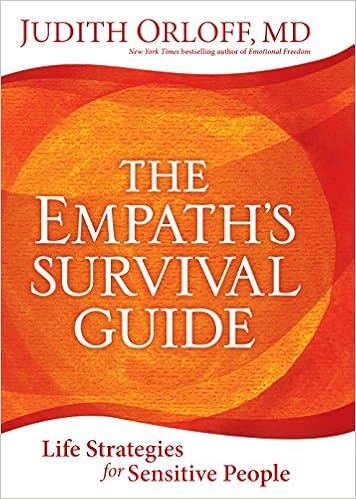
This is one of my all time favorite books on the subject. Dr. Judith Orloff’s book, The Empaths Survival Guide is a must read!
What is the difference between having empathy and being an empath? -Having empathy means our heart goes out to another person in joy or pain, – says Dr. Judith Orloff. -But for empaths it goes much further. We actually feel others’ emotions, energy, and physical symptoms in our own bodies, without the usual defenses that most people have.- The Empath’s Survival Guide is an invaluable resource for empaths and anyone who wants to nurture their empathy and develop coping skills in our high-stimulus world–while fully embracing their gifts of intuition, compassion, creativity, and spiritual connection.
For any sensitive person who’s been told to -grow a thick skin, – here is a lifelong guide for staying fully open while building resilience, exploring your gifts of depth and compassion, and feeling welcome and valued by a world that desperately needs what you have to offer.
This practical, empowering, and loving book was created to support empaths through their unique challenges and help loved ones better understand the empath’s needs and gifts.
If you identify with anything here, please get a hold of the books I have mentioned. I have a Pinterest board that featured empaths, introverts, INFJ personality type and more. Click here to follow it or see it.

